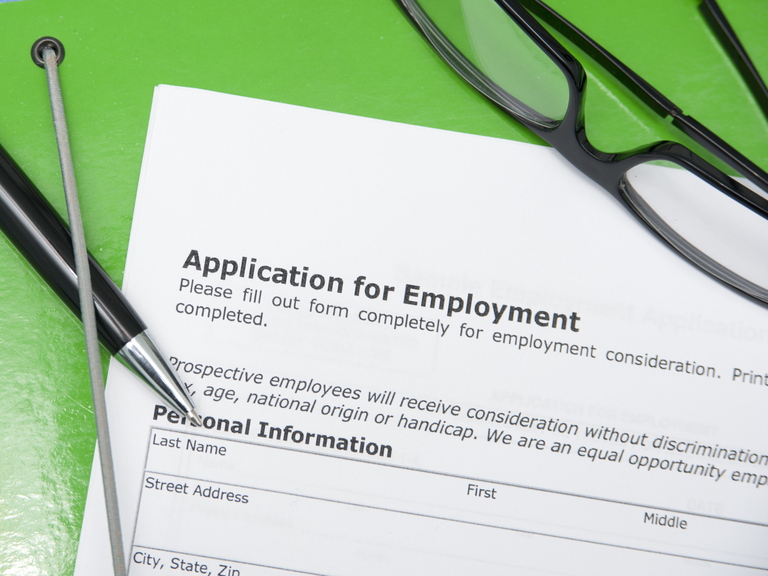The shortage of Maine residents prepared for high-wage, highly skilled jobs is alarming, so it’s good news to learn that some of those people are already here: They’re the doctors and lawyers, engineers and teachers, who’ve come to Maine from other countries and are having trouble with the transition to practicing their profession in their new home.
A measure passed last session promised to make things easier. It funded a pilot project to help foreign-trained professionals integrate into the U.S. job market, offering services such as individualized career planning and networking assistance.
But the state’s government efficiency agency has recommended eliminating the Portland-based Welcome Center Initiative if private funds can’t be found to support the program. Lawmakers who sincerely want to grow Maine’s economy will resist this ill-advised proposal.
Many immigrants bring solid credentials to their new home country. According to the Migration Policy Institute, 34 percent of Maine’s foreign-born adults 25 and older had at least a bachelor’s degree in 2011, compared to 28 percent of their native-born peers. But in 2010, the centrist think tank estimated, 16 percent of immigrants in Maine with at least a bachelor’s were either unemployed or held unskilled jobs, such as security guards or housemaids.
To address this “brain waste,” as the think tank calls it, last session’s omnibus workforce training bill included $75,000 to pay the coordinator (and sole employee) of a program to serve foreign-trained workers, focusing on professionals. Given the cost, it’s a bargain: Equipping a foreign-born engineer or lawyer to work in their field in Maine will pay dividends in tax revenues and an expanded middle class.
It’s not clear why this program has been swept up in a $35 million Le- Page administration budget-cutting effort, though the governor’s policies have worked to the disadvantage of immigrants before. (Witness the elimination of MaineCare for some 500 foreign-born legal residents in 2011.)
But what is obvious is that stinting on funds to prepare Maine residents for professional careers will save the state relatively little money but potentially cost the state much more.
Send questions/comments to the editors.



Success. Please wait for the page to reload. If the page does not reload within 5 seconds, please refresh the page.
Enter your email and password to access comments.
Hi, to comment on stories you must . This profile is in addition to your subscription and website login.
Already have a commenting profile? .
Invalid username/password.
Please check your email to confirm and complete your registration.
Only subscribers are eligible to post comments. Please subscribe or login first for digital access. Here’s why.
Use the form below to reset your password. When you've submitted your account email, we will send an email with a reset code.